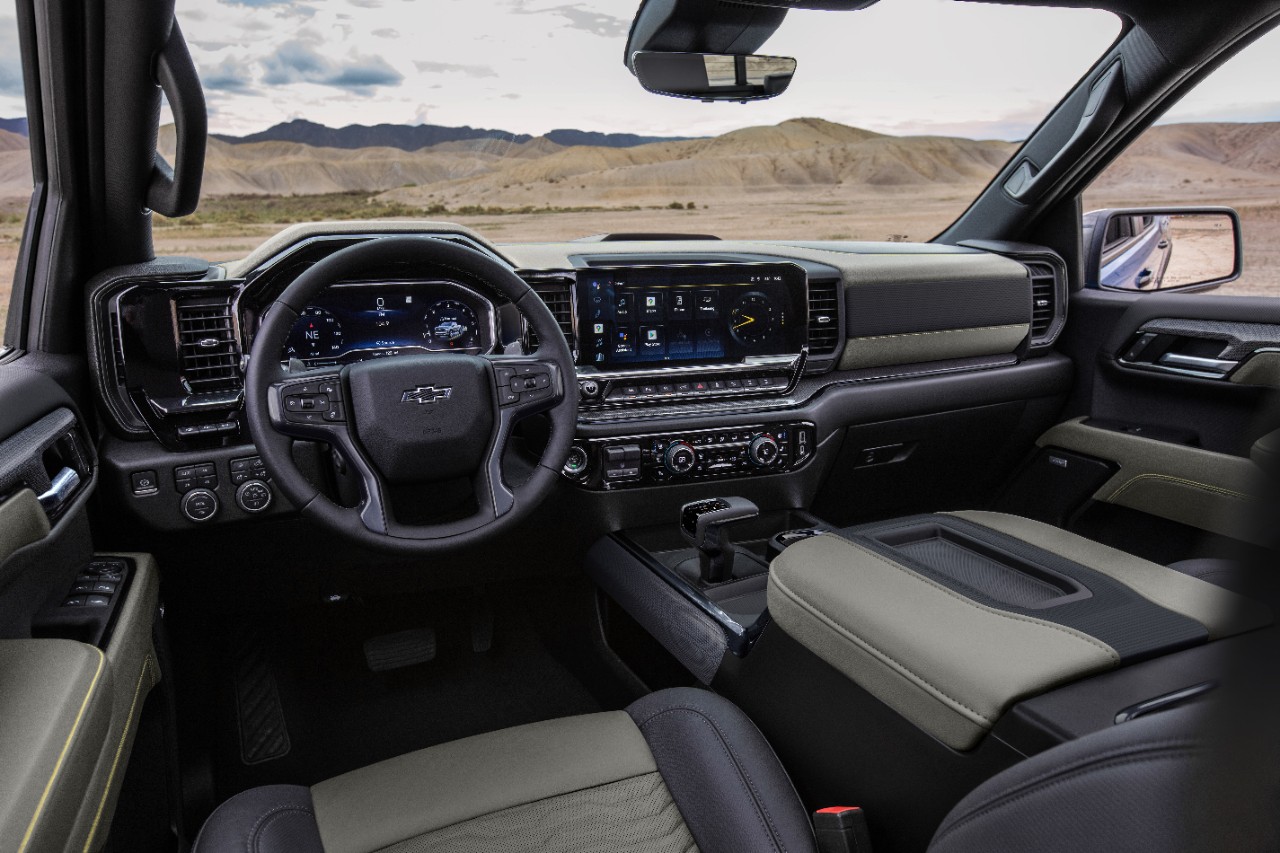Food ordering and delivery platforms DoorDash, Caviar, Grubhub, Seamless, Postmates and Uber Eats have banded together to sue the City of New York over a law that would permanently limit the amount of commissions the apps can charge restaurants to use their services.
The Wall Street Journal first reported the news that the companies filed suit in federal court on Thursday evening and are seeking an injunction that would prevent the city from enforcing the legislation, unspecified monetary damages and a jury trial.
Last year, the city council introduced temporary legislation that would prohibit third-party food delivery services from charging restaurants more than 15 percent per delivery order and more than 5 percent for marketing and other nondelivery fees in an effort to help ease the strain on an industry struggling from pandemic lockdowns. The companies filing suit against the city claim the limit on fees, which was made permanent last month under a bill sponsored in June by Queens Councilman Francisco Moya, has already cost them hundreds of millions of dollars.
“Throughout the COVID-19 pandemic, third-party platforms like Plaintiffs have been instrumental in keeping restaurants afloat and food industry workers employed, including by investing millions of dollars in COVID-relief efforts specifically for local restaurants,” the lawsuit reads. “Yet, the City of New York has taken the extraordinary measure of imposing permanent price controls on a private and highly competitive industry—the facilitation of food ordering and delivery through third-party platforms. Those permanent price controls will harm not only Plaintiffs, but also the revitalization of the very local restaurants that the City claims to serve.”
Other cities also instituted similar caps during the pandemic, but most have fizzled out as the pandemic has eased and restaurants have been able to open their dining rooms. San Francisco is among of handful of cities that has also decided to enact a permanent 15 percent cap, and the app-based companies are suing there, as well. They argue that extending the limits on fees, which can be as high as 30 percent per order, “bears no relationship to any public-health emergency,” and are unconstitutional because they interfere with negotiated contracts and dictate “the economic terms on which a dynamic industry operates.”
As with the temporary law, any violators of the permanent cap would face up to $1,000 per day in fines per restaurant. The companies said the new law would not only cause them to have to rewrite their contracts with restaurants, but also raise fees for consumers and hurt delivery workers’ ability to make money.
The companies also argue that if the city wants to improve profitability of local restaurants, it could provide tax breaks or grants out of its own pocket instead of hurting the commissions of the delivery services.
“But rather than exercise one of those lawful options, the City chose instead to adopt an irrational law, driven by naked animosity towards third-party platforms,” the companies said, citing a tweet from Moya after he introduced a 10 percent commission cap bill that said, “NYC local restaurants needed a 10 percent cap on delivery fees from third party services like GrubHub long before #COVID19 hit us. They damn sure need it now.”
This legislation also comes amid increasing scrutiny over app-based delivery companies that have a reputation for harming both restaurants and gig workers in an effort to keep costs low for consumers. Recently, a California superior court ruled Proposition 22, which would allow these companies to continue classifying its workers as independent contractors, rather than employees, as unconstitutional. This ruling prompted DoorDash workers to protest last week outside the home of CEO Tony Xu demanding better pay and more tip transparency. Meanwhile in Massachusetts, a similar law to Prop 22 has just gotten the green light to go ahead on the November 2022 ballot.
“Restaurants pay app-based delivery companies for a variety of services through commissions, one of these being delivery services,” said an unnamed courier in the lawsuit against the city. “Capping these commissions means less earnings for people like me. A commission cap could also mean delivery services get more expensive for the customers I deliver to, which ultimately means less orders for me.”




